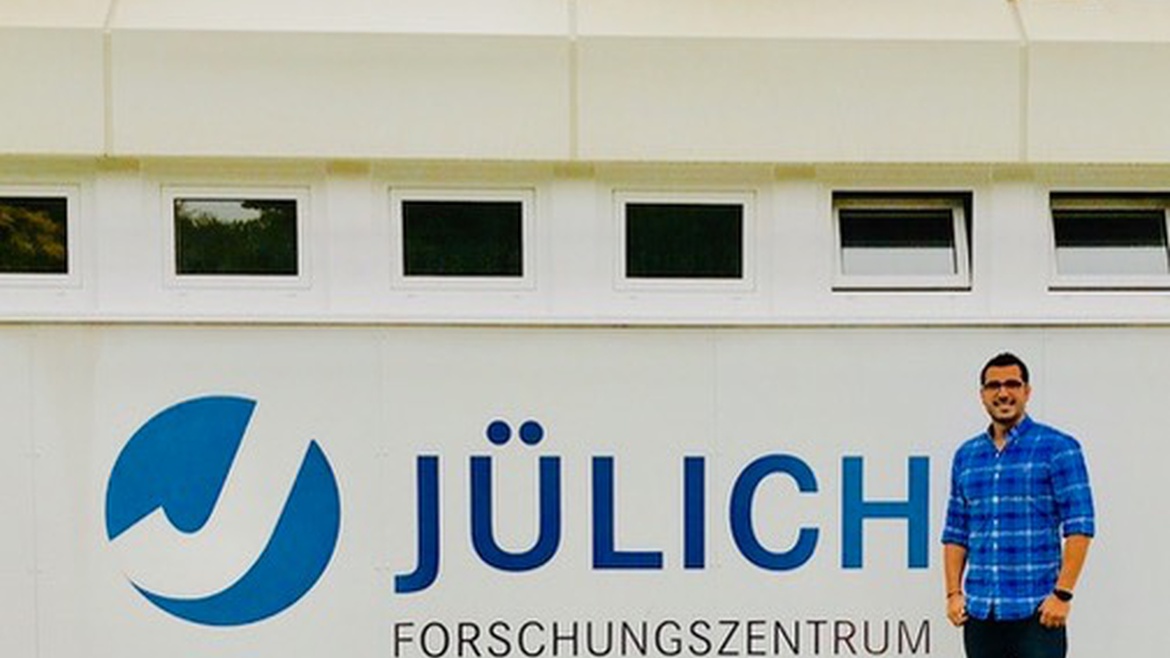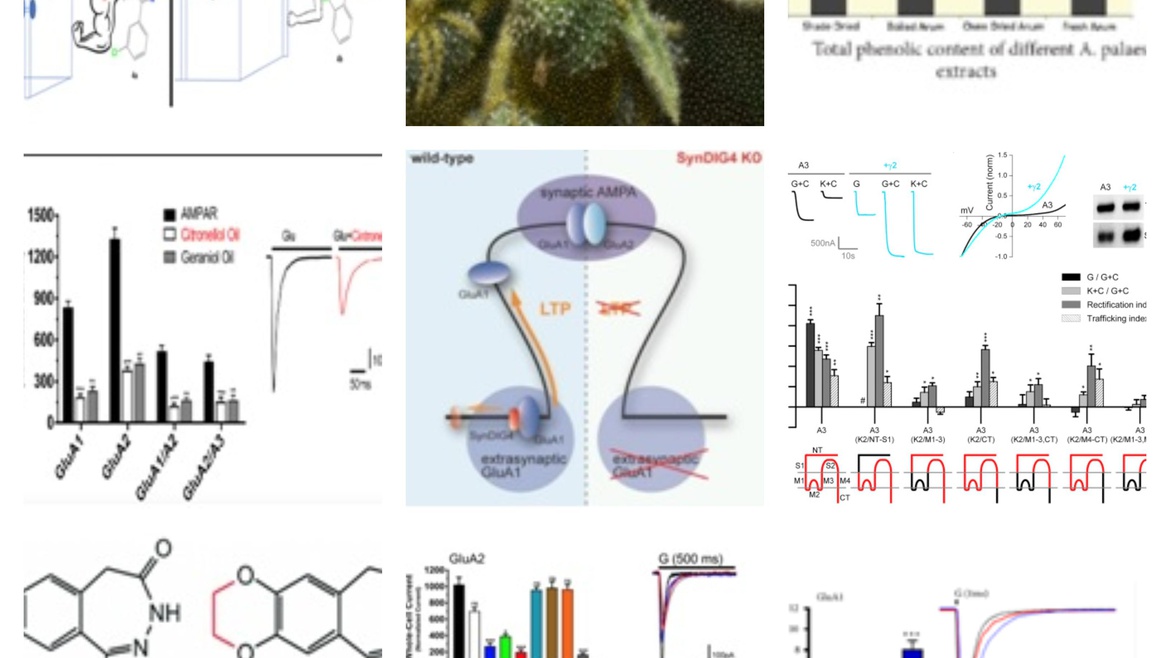Neuroscience Center Biography
Founding the Neuroscience lab will give An-Najah University the opportunity to be the first university in Palestine and even Arab world to preform such an advance Neuroscience research.
Dr. Mohammad Qneibi, Lab founder and Principal Investigator will help the University to Pursue vital research programs that try to comprehend how complex neural circuits are shaped and reshaped through the development of the brain. Dr. Qneibi’s lab will contribute to global progress in brain science and establish the An-Najah University as one of the world’s leading neuroscience centers. With outstanding faculty recruits, talented students, state-of-the-art equipment, and modern new facilities, the lab, together with established neuroscientists at the An-Najah University will have a major role in generating significant intellectual home for cutting-edge Neuroscience research. Moreover, An-Najah University will be the first institution in Palestine and even Arab universities to have a neuroscience lab that can investigate neurological diseases at the molecular level by using state-of-art techniques such as electrophysiology. Our future studies might represent novel therapeutic targets to treat various neurological diseases such as neurodegeneration, disorders of cognitive function, epilepsy, Parkinson’s and psychiatric disorder.
Dr. Mohammad Qneibi’s research will concern the membrane proteins on the cell surface. The activity of virtually every cell is regulated by extracellular signals, such as neurotransmitters, hormones, and sensory stimuli. These signals are transmitted into the cell interior via membrane receptor proteins. Understanding how these membrane proteins mediate signal transmission and transduction is the primary research interest in my laboratory. In particular, we are interested in the structure and function relationship, the kinetic and molecular mechanism of protein function by protein-protein and protein-drug interactions. We also attempt to develop better inhibitor/potentiators to regulate membrane protein functions. In the long term, we hope that our research will provide not only insight into the mechanisms of action of these molecular machines, but also clues for the design of molecular devices which can be used (i) for studying signal transduction pathways and (ii) as diagnostic/detection tools for disease treatment. We use an interdisciplinary approach in our research, including rapid kinetic techniques suitable for membrane proteins, biochemical and biophysical chemistry, molecular biology, electrophysiology, and neuroscience.
The research centers on glutamate ion channel receptors (GluRs). These receptors mediate synaptic neurotransmission and are indispensable in the brain activity, such as memory and learning. Upon binding to glutamate, the glutamate receptor rapidly changes its conformation and opens its ion channel pore to allow small cations such as sodium ions to flow across the cellular membrane, thus transmitting an electrical signal between neurons. Because the receptor channel opens in the microsecond second time region and desensitizes even in the millisecond (ms) time domain, a rapid kinetic technique must be used that not only has a sufficient time resolution but also is suitable for studying these channel proteins embedded in the membrane. We use a fast exchange solution (i.e., piezo device) technique, which permits glutamate to bind to the receptor with a time constant of ~30 μs. This technique, combined with electrophysiological recordings, serves as a unique functional tool so that we can investigate the mechanism of channel formation, inhibition and regulation within the μs-to-ms time domain.




